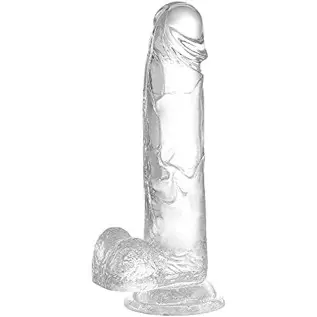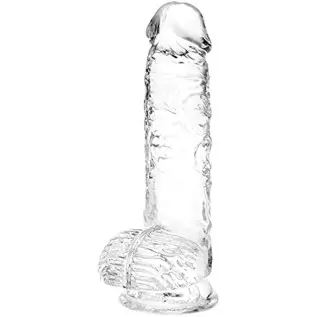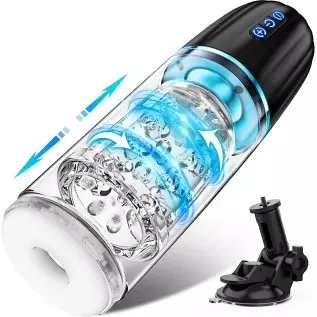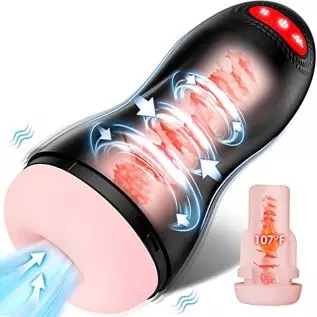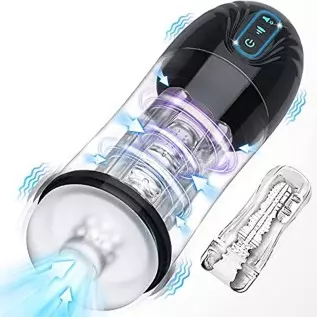Can seminal vesiculitis cause male infertility? How to treat it?
Seminal vesiculitis is a very common male disease, which is very harmful to men's health and should be treated in time.
What are the symptoms of seminal vesiculitis?
1. Pain: Patients with acute seminal vesiculitis may experience lower abdominal pain, which may involve the perineum and both sides of the groin. People with chronic seminal vesiculitis may have dull pain in the suprapubic area, accompanied by perineal discomfort, and the pain symptoms will be significantly aggravated during ejaculation.
2. Frequent urination, urgency and dysuria: Patients with acute seminal vesiculitis have obvious symptoms of urgency and dysuria, and may also have symptoms of difficulty urinating. Patients with chronic seminal vesiculitis mainly suffer from frequent urination and urgency, accompanied by urinary discomfort and burning sensation.
3. Hematospermia: Patients with seminal vesiculitis will also have symptoms of hematospermia, which are mainly characterized by the discharge of hematospermia during ejaculation, and the semen will be pink or red or contain blood clots. The phenomenon of hematospermia is more obvious in acute cases.
4. Other symptoms: Patients may have symptoms such as fever, chills, chills, etc. These are systemic symptoms seen with acute seminal vesiculitis. Hematuria is also one of the manifestations of acute seminal vesiculitis. Patients with chronic seminal vesiculitis may experience ejaculation pain, low libido, nocturnal emissions, and premature ejaculation.
What harm will it bring?
1. Impact on fertility
The seminal vesicles are closely connected to the prostate, vas deferens, urethra, bladder, etc. Chronic inflammation of the seminal vesicles can cause infertility, because 90% of the seminal vesicles are seminal vesicle secretions, which are the source of power for sperm activity. When the seminal vesicles are inflamed, the secretions decrease, affecting sperm motility, thereby reducing fertility. In addition, insufficient semen volume to fill the pool in the posterior vaginal fornix can also cause infertility.
2. Cause prostatitis
Seminal vesiculitis is closely related to prostatitis. Seminal vesiculitis can easily invade the prostate, and 80% of patients with prostate infection will suffer from seminal vesiculitis.
3. Cause sexual dysfunction
When seminal vesiculitis and prostatitis are combined, pain during sexual intercourse may occur. In addition, the disease is difficult to cure and relapses over time. Sexual dysfunction symptoms such as loss of sexual desire and premature ejaculation may occur over time, which seriously affects the life of couples and family harmony.
How to treat it?
1. Choose appropriate antibiotics: Acute seminal vesiculitis should be treated until the symptoms completely disappear, and then the medication should be continued for 1 to 2 weeks; chronic seminal vesiculitis needs to be continued for more than 4 weeks to consolidate the curative effect. According to clinical experience, intravenous application of Cilixin, a second-generation cephalosporin, and AoFuxing, a quinolone, are more effective.
2. Local treatment: berberine iontophoresis, use 1‰ berberine 20ml enema after defecation, soak the gauze pad with this medicine and place it on the perineum, and connect it to the anode of the DC physical therapy device, and apply the cathode on the Suprapubic, 20 minutes each time, once a day, every 10 times as a course of treatment. Warm water sitz bath (water temperature 42℃) and perineal hot compress can improve local blood supply and help inflammation subside. Avoid sitting for too long to prevent pelvic congestion.
3. Bed rest: Give laxative drugs to keep the stool unobstructed.
4. Avoid excessive sexual intercourse: In order to reduce the degree of congestion of sexual organs, patients with chronic seminal vesiculitis can perform seminal vesicle and prostate massage regularly (1 to 2 times a week). One is to increase blood supply to the prostate and seminal vesicles, and the other is to promote the discharge of inflammatory substances.
5. Regularize your life: combine work with rest, avoid tobacco, alcohol and spicy food. Do a good job in the patient's ideological work, eliminate the patient's concerns, especially the concerns of patients with hematospermia, and enhance their confidence in defeating the disease.





